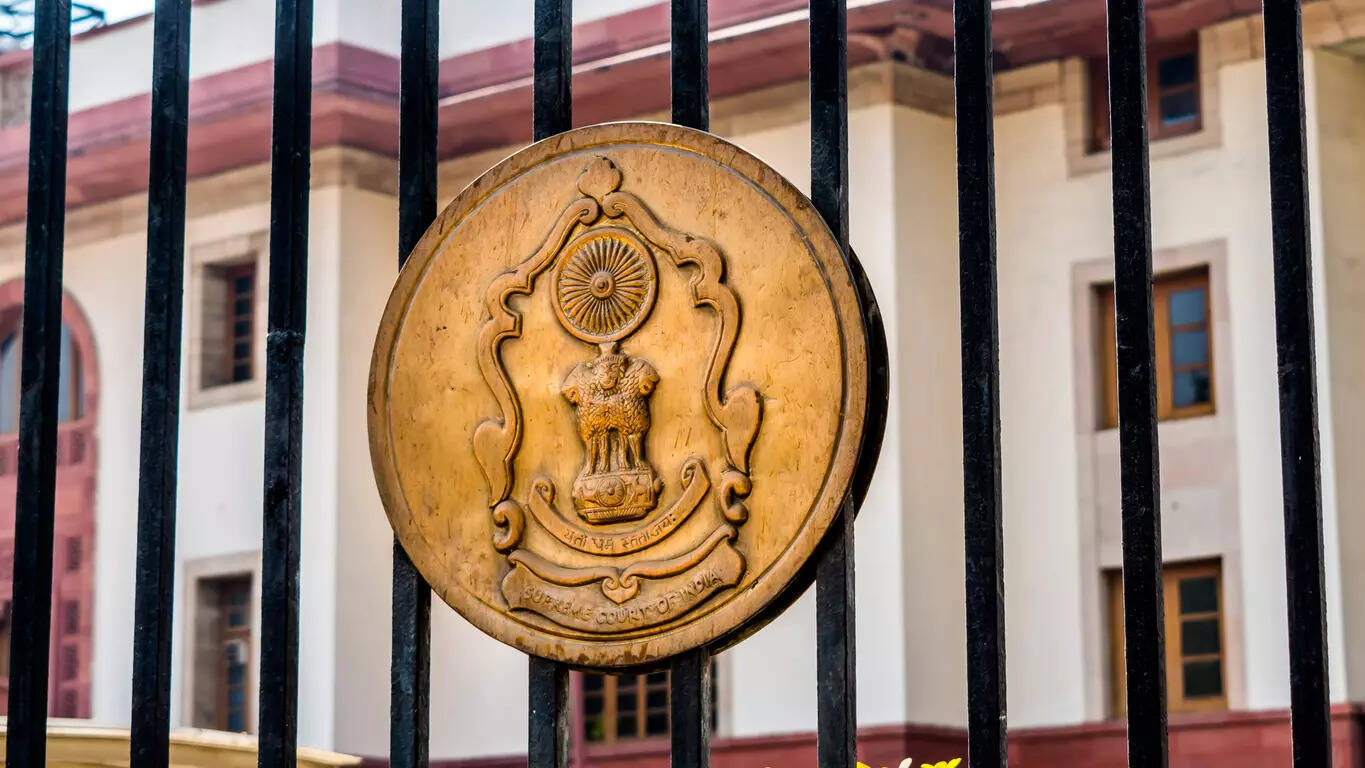
The Supreme Court on Friday reversed its May 2 order guiding the liquidation of Bhushan Power and Steel Ltd (BPSL) and upheld JSW Steel Ltd’s 19, 700 crore resolution strategy for the debt-ridden company, The Economic Times reports. The court successfully rejected obstacles brought by BPSL’s former marketers and certain financial institutions.
The bench, led by Chief Justice BR Gavai, noted that delays in implementing the resolution plan were not attributable to JSW Steel or the lending institutions’ Board of Creditors (CoC). Both events had actually been attempting to apply the strategy in spite of legal and management obstacles.
“The commercial knowledge of the CoC can not be disrupted,” the bench claimed, adding that resuming claims after authorization would amount to “dedicating physical violence” on the provisions of the Bankruptcy and Personal Bankruptcy Code (IBC). The court also clarified that Imperatively Convertible Bonds (CCDs) issued by JSW as the successful resolution candidate are to be dealt with as equity.
The High court observed that the conduct of former marketer Sanjay Singhal and others showed an effort “to avoid the Business Bankruptcy Resolution Refine from reaching its rational end.” It noted that the CoC continues to exist till the resolution plan is totally implemented. Chief Justice Gavai mentioned that JSW had actually purchased modernising the company debtor, turning BPSL into a profit-making firm.
“The very function for which the IBC was established has actually not only been achieved however the company borrower has currently end up being a profit-making company. Can JSW be punished for making it so?” the bench asked.
Conflicts over earnings and insurance claims
The court cautioned versus resuming settled problems, noting that approving insurance claims associated with incomes before passion, tax, devaluation and amortisation (EBITDA) would have “disastrous results.” The bench emphasised that neither the Ask For Resolution Strategy (RfRP) nor JSW’s strategy included arrangements for the therapy of EBITDA, and enabling such insurance claims currently would threaten the finality of the IBC framework.Referring to its earlier Essar Steel judgment, the court said an effective resolution candidate can not be required to address claims that were not part of the RfRP or the accepted resolution plan. The bench included that if the firm had actually remained to sustain losses, it might not have looked for a reimbursement, and financial institutions can not assert revenues outside the plan.
The Supreme Court located no merit in the arguments elevated by either the former marketers or the CoC, mentioning that approving these disagreements would certainly discourage the purpose of the IBC.
History
Insolvency procedures against BPSL started under the IBC in 2017 JSW Steel emerged as the effective resolution applicant with a 19, 700 crore proposal, approved by the National Business Law Tribunal (NCLT) in 2019 Implementation of the plan was delayed due to litigations, including the Enforcement Directorate ‘s add-on of BPSL’s assets about claimed fraud by former promoters. These attachments were lifted in December 2024
On May 2, 2025, a High court bench led by Justice Bela M Trivedi ordered liquidation of BPSL, criticising the conduct of the CoC, the resolution professional, and the NCLT. The order reserve JSW Steel’s resolution plan.
A special bench headed by Chief Justice Gavai recalled the May 2 order on July 31, 2025 and reheard five relevant pleas worrying the credibility of JSW’s resolution strategy, the role of the CoC, and objections by BPSL’s previous promoters.
Central disagreements consisted of whether EBITDA generated throughout the resolution period– concerning 3, 569 crore– ought to most likely to creditors or remain with the firm, and whether the CoC might claim 2, 500 crore as delay-related interest. JSW kept that it bid for BPSL on an “as is, where is” basis, which delays were brought on by possession accessory cases.
After considerable hearings, the Supreme Court scheduled its verdict on August 11, 2025 and provided its choice on September 26, 2025